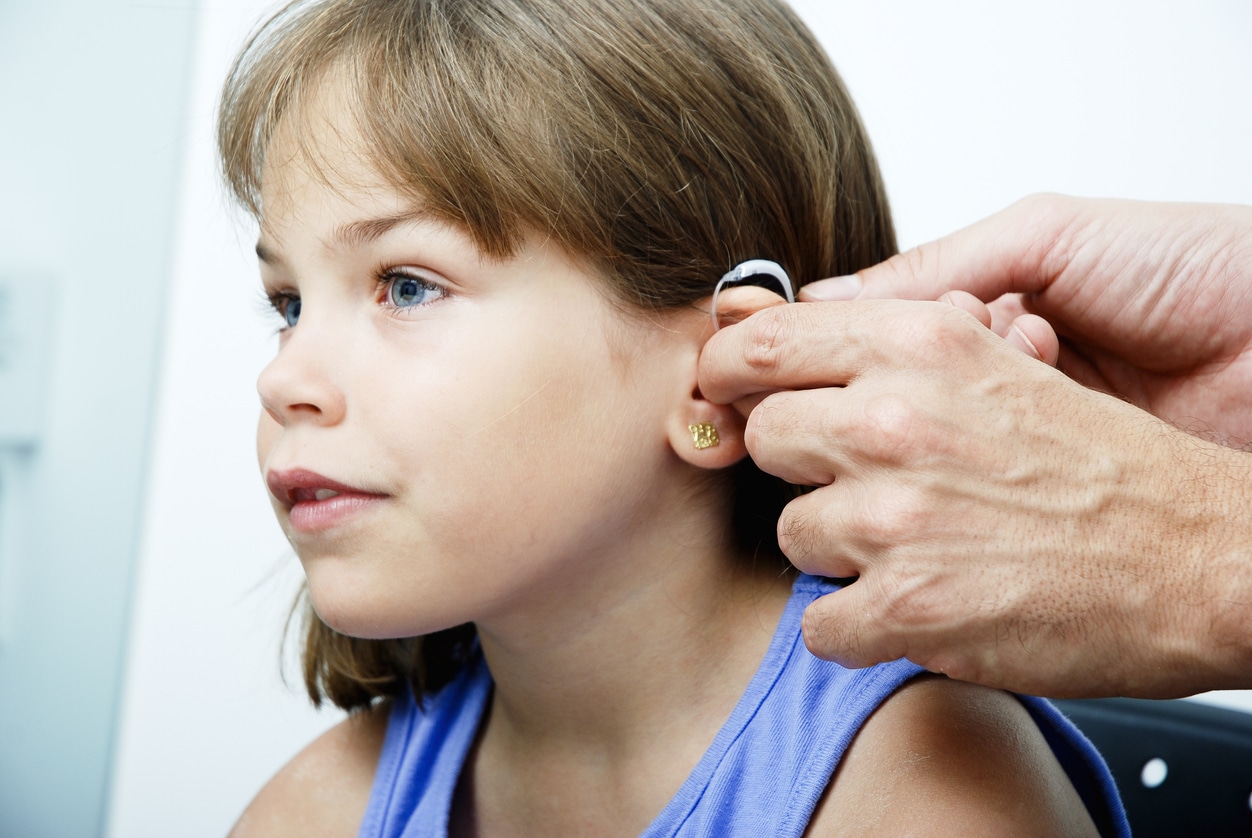Hearing loss can affect people of all age groups, and while many cases are linked to aging, noise exposure or illness, some are rooted in genetics. Understanding whether hearing loss is genetic can offer insight into your personal risk and help inform decisions about screening, early intervention and long-term care.
How Hearing Loss Occurs

Hearing loss can happen for a wide range of reasons. In general, it falls into three categories:
- Sensorineural hearing loss: This occurs when there is damage to the inner ear or auditory nerve. It’s the most common type and is primarily caused by aging and exposure to loud noise and can sometimes be caused by illness.
- Conductive hearing loss: This type involves a blockage or damage in the outer or middle ear, such as from fluid buildup, earwax or structural issues. It’s often temporary or treatable with medical intervention.
- Mixed hearing loss: A combination of both sensorineural and conductive components.
About Genetic Hearing Loss
Genetic hearing loss occurs when one or more genes responsible for hearing are mutated or missing. These genetic variations can be passed from parents to children in several ways, depending on the inheritance pattern.
Genetic hearing loss can be present at birth (congenital) or develop later in life (late-onset). In some cases, it may occur alongside other medical conditions or as part of a genetic syndrome.
About two to three out of every 1000 children are born with a detectable level of hearing loss in one or both ears, and 90% of deaf children are born to hearing parents.
Several factors influence the likelihood of hearing loss being genetic:
- Family history of hearing loss
- Hearing loss present at birth or in early childhood
- Lack of external risk factors such as noise trauma or infections
- Hearing loss that progresses gradually without clear environmental causes
Genetic testing and family counseling can help identify whether hearing loss is likely inherited and provide insight into recurrence risks in future generations.
When to Seek Genetic Evaluation
If you or a loved one has unexplained hearing loss, especially at a young age, it may be worth discussing genetic testing with an audiologist or genetic counselor. These professionals can evaluate patterns in your family history and recommend appropriate testing options.
Consider a genetic evaluation if:
- You or your child has congenital hearing loss
- Multiple family members across generations have hearing loss
- Hearing loss is present alongside other developmental or physical conditions
- You are planning a family and want to understand potential genetic risks
While not all forms of hearing loss are preventable or treatable, early identification of genetic causes can lead to more personalized care and better communication outcomes.
Hearing loss has many causes, and genetics can play a significant role, particularly when it comes to early-onset or unexplained cases. If hearing loss runs in your family or appears without a clear cause, genetic factors may be involved.
Understanding the hereditary nature of hearing loss empowers you to make informed choices about testing, prevention and support for yourself and your loved ones. To learn more about hearing loss or to schedule a hearing test for you or a loved one, contact Rancho Santa Fe Audiology today.